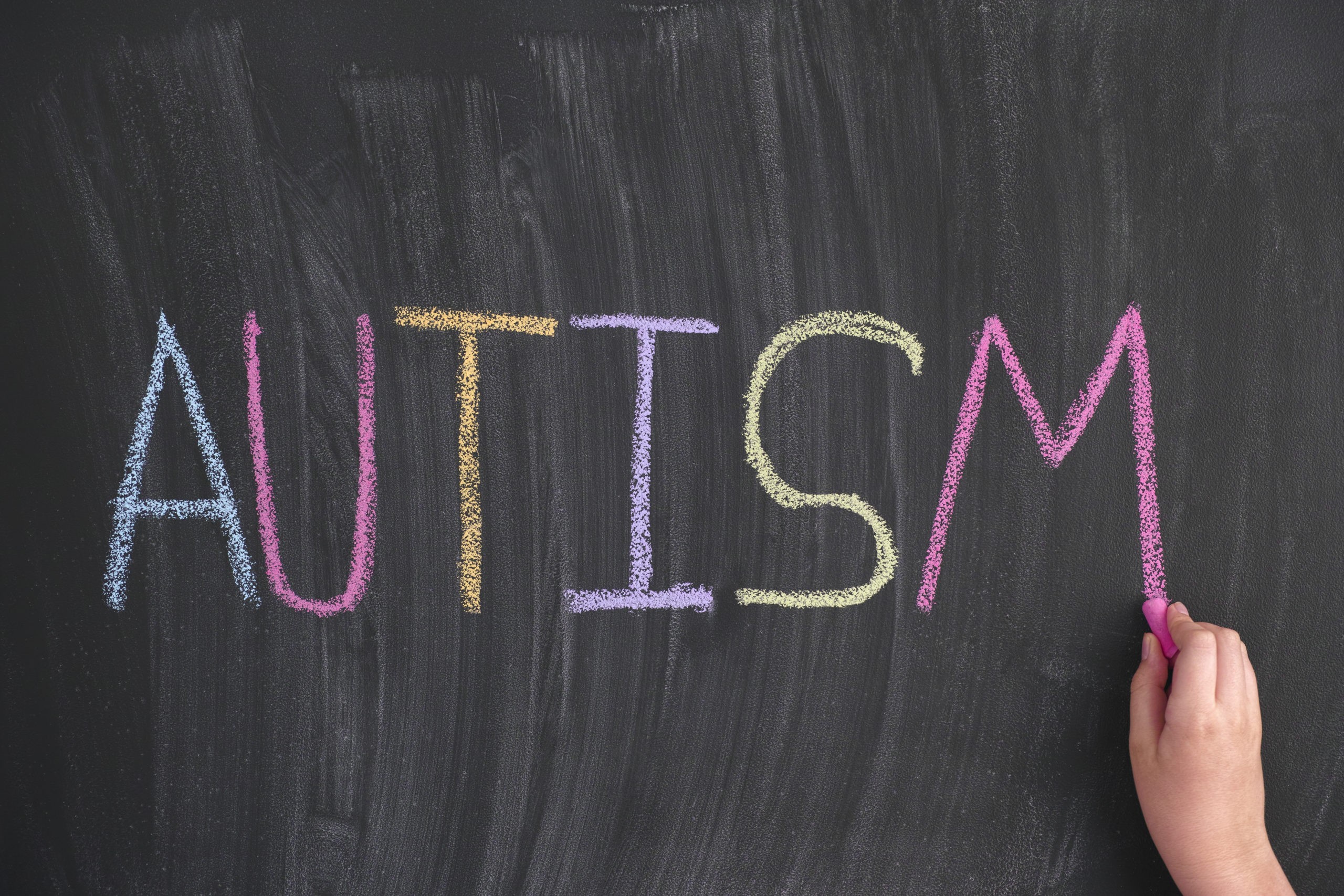Parents often present to services feeling overwhelmed and confused after their child has received a diagnosis of Autism Spectrum Disorder. Making sense of an Autism Spectrum Diagnosis, and what this means to your child and your family, can be a long and windy road. A diagnosis can often leave parents feeling overwhelmed and confused.
Autism Spectrum Disorder, also known as (ASD), can be best understood as a developmental condition that impacts how a child thinks, feels and interacts with others. Impacting how a child experiences the world around them. Children with Autism find it particularly challenging relating to other peers and adults, as they see the world differently.
As our understanding and knowledge of Autism increases, we have come to know that Autism is more common than previously thought. Over 1 in 100 children are on the Autism Spectrum. This spectrum refers to a limitless range of presentations.
Every child with Autism is unique and has their own combination of characteristic and challenges. No two children with Autism are the same. This means each child’s treatment/support plan needs to address their unique set of challenges and needs.
When a diagnosis of Autism Spectrum Disorder is given, it will likely be accompanied by a degree of severity across two separate domains:
Challenges with Social Communication and Social Interaction: Compared to same age peers’ your child may find it difficult to recognise their emotions and read/understand the emotions of others. They may struggle in social situations. In particular, having difficulty reading social cues and understating social rules and expectations. This can impact their ability to make and keep long term friendships. This can present as difficulty in understanding and communicating their needs to people around them, often leading to a sense of overwhelm or withdrawal.
Challenges with restricted or repetitive patterns of behaviour, interests, or activities: Compared to same age peers’ your child may engage in more rigidity and inflexibility in routines and expectations. They may be holding onto order and predictability as a way of making sense of the world. They may struggle with repetitive stimming behaviours, and sensory seeking or avoiding behaviours. Your child may also display restricted interests in areas/topics of their choosing, and a lack of interest in areas/topics outside of their niche.
The diagnosing clinician would have assessed to see what challenges your child experiences across both domains. Each domain will be given a degree of severity; Level 1, Level 2 or Level 3. This refers to the degree of support your child will need moving forward, with Level 1 referring to minimal support and Level 3 referring to substantial support.
It is important to remember that just because your child has received a diagnosis of ASD, it does not change who he/she is. However, the diagnosis allows us to understand their unique challenges in this world. This understanding gives us the opportunity to best support them in their development. The goal of treatment and support services should always centre around improving each child’s quality of life. The most vital part of treatment is that we help each child thrive and live their best lives.
What can you do to support your child?
- If your child has received an Autism Spectrum Disorder diagnosis, they may be eligible for NDIS support. You will need to contact NDIS and submit and application.
- It is essential to create a supportive multidisciplinary team of clinicians to support your child and your family. This may include; Paediatrician, Psychologist, Occupational Therapist, Speech Therapist.
- Paediatrician: may help with medical and behavioural support, they can provide medical and developmental oversight and regular medical check-ups. Paediatricians will also be able to provide guidance and support around medication, if required.
- Psychologist: may help in emotion coaching, emotion regulation, parenting support, identifying triggers, and behaviour management.
- Occupational Therapist: may help with managing sensory overstimulation or under stimulation. They can also help with concentration and focus, as well as fine and gross motor development
- Speech Therapist: may help with communication difficulties and improving their language and social skills in connecting with others through conversation.
- It will also be helpful to involve the learning support unit at your child’s school. A school can make environmental and structural changes in the classroom to help support your child’s functioning. As well, school teachers can aid in supporting children will social development, and in making and keeping friends in the playground. If your child requires additional 1:1 support in the classroom or playground, you can request for a teachers aid to further support your child.
- Expand your child’s exposure to social experiences. Depending on your child’s level of needs you may want to start with a structured social skills group, or alternatively you can place them in scouts or social sporting teams.
- Create a structured and predictable environment for your child. Children with Autism are often trying to make sense of the world they live in. Through creating a sense of consistency and stability in day-to- day life they are better able to understand and respond to what is expected of them.
Children with Autism see the world differently. It’s vital to support them so they become comfortable with the rules and expectation of how this world works. In order to help your child live their best life, it is also important for us to value and show interest in how they see the world around them and try our best to see the world through their eyes.

We've tailored the services at RWA Pyschology - Family Matters to all age groups from young children to adolescents and adults - and we have specialists in crisis, short/medium term counselling and longer term psychotherapy.
Call RWA psychology for an appointment with one of our psychologists.
